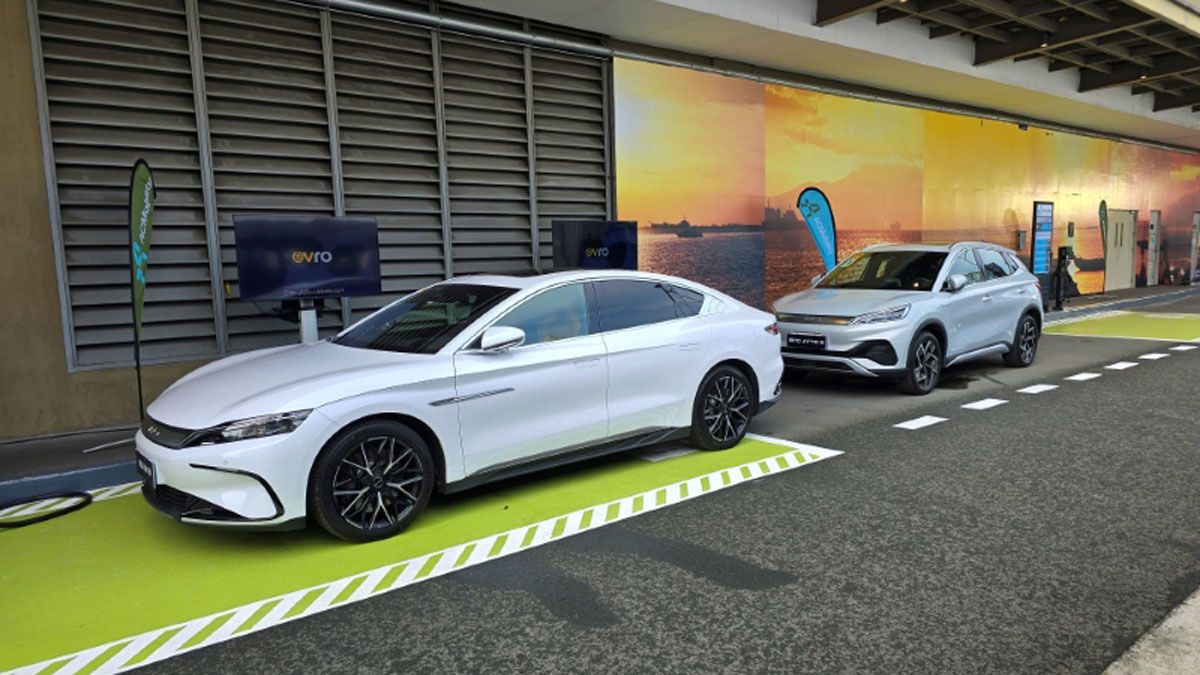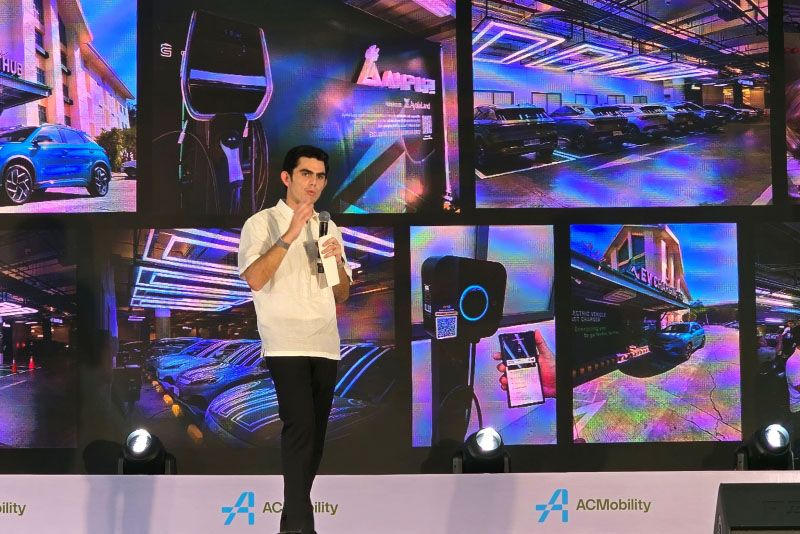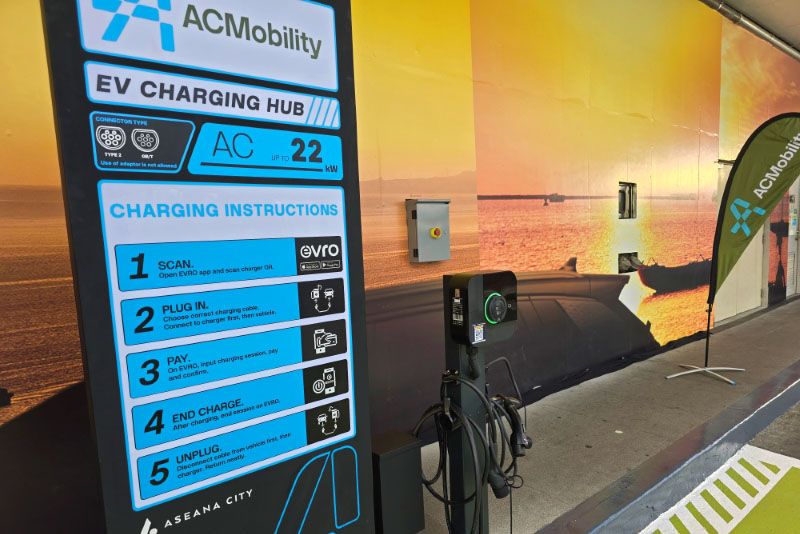
AC Mobility (ACM) has launched its latest electric vehicle charging hub at Ayala Malls Manila Bay, continuing its efforts to expand EV infrastructure across the Philippines. The new facility aligns with ACM's strategy to empower Filipinos with sustainable and convenient mobility solutions.

During the inauguration, Jaime Alfonso Zobel de Ayala, CEO of AC Mobility, expressed the company's vision. "As we inaugurate the Ayala Malls Manila Bay EV Charging Hub, we are empowering Filipinos to move forward into a sustainable future," stated Zobel. "This reflects AC Mobility's vision of creating an EV ecosystem that provides convenience and value to Filipinos and supports the nation's sustainability goals."
Formerly known as AC Motors, ACM has evolved from focusing solely on automotive retail and distribution to becoming a comprehensive mobility platform. This transformation includes infrastructure development and digital solutions, positioning ACM as a leader in the Philippine EV sector.
ACM is actively advocating for the widespread adoption of EVs to address the pressing issue of range anxiety, which has been a significant barrier to EV adoption in the country.
The Ayala Malls Manila Bay EV Charging Hub

The newly inaugurated charging hub is strategically located near the Almario Road parking entrance of Ayala Malls Manila Bay. It features cutting-edge technology designed to accommodate the growing EV community. The hub includes three 22kW AC chargers compatible with Type 2 and GB/T charge ports, as well as one 120kW DC fast charger that is CCS2 compatible and can charge two vehicles simultaneously. Overall, the hub can power up to five vehicles at once, supporting a wide range of EVs, from private vehicles to public buses.
Carla Buencamino, Head of Mobility Infrastructure at AC Mobility, highlighted the significance of this new hub. "The Ayala Malls Manila Bay EV Charging Hub is a sample of a model charging experience that we want to bring to other locations in the future," she said. "This new facility is part of our initiative to expand EV infrastructure throughout the Philippines."
Digital solutions with Evro

To enhance the usability of their charging hubs, AC Mobility has partnered with Evro, an e-Mobility Service Provider incubated by corporate groupmate and tech innovation arm of the Globe Group, 917 Ventures. The Evro app simplifies the charging process, allowing users to find nearby charging stations, check charger availability and compatibility, plan and monitor charging sessions remotely, and make cashless payments.
Carla Buencamino emphasized the importance of the Evro app in providing a seamless charging experience. "Evro comes at perfect timing as we aim to provide a total EV ecosystem for Filipinos to enjoy," she noted. "The introduction of new charging hubs such as what we launched today, and the development of innovative infrastructure solutions is proof of our strong commitment to providing a seamless, user-friendly charging experience for new and existing EV owners."
Growth of the EV ecosystem

AC Mobility is pushing for the growth of the EV ecosystem in the Philippines through an expansive strategy that includes rolling out numerous EV charging hubs in high-quality locations across the country. Currently, ACM's nationwide charging network includes 70 charge points in 31 locations. The company plans to have visibility of over 100 charging locations by the end of 2024. Strategic partnerships with public, private, and government sectors are crucial to supporting this vision. Regulatory endorsements and policy frameworks are essential to bolstering EV infrastructure development.
Zobel acknowledged the importance of these collaborations, stating, "We appreciate the unwavering support of our partners in Ayala, and others who share our passion for this, as we continue redefining mobility standards in the Philippines."
Addressing EV adoption challenges
The adoption of EVs in the Philippines is on the rise, but there are unique challenges that need to be addressed. Urban congestion and the lack of fast charging capabilities at homes are significant hurdles. Additionally, the varying electrical setups of establishments pose challenges to infrastructure implementation costs.
Buencamino elaborated on these challenges during the Q&A session. "Our urban roads are congested, and not all homes can have fast chargers for themselves," she explained. "Another challenge is that our establishments don't have the same electrical setup, which usually brings about high costs of infrastructure to implement the stations."
Despite these challenges, ACM is dedicated to providing tailored solutions to meet the needs of Filipinos. By focusing on high-quality locations and collaborating with various stakeholders, the company aims to build a robust and efficient EV charging network that supports the transition to sustainable mobility.
The future of sustainable mobility
As AC Mobility continues to expand its EV infrastructure, the company remains committed to its vision of leading the mobility sector towards a sustainable future. Zobel reaffirmed this commitment, stating, "Our collective promise is to deliver a world-class charging and EV ownership experience to consumers in this market. The beginning of our EV revolution across the country is only possible together with everyone who is here as our partners."